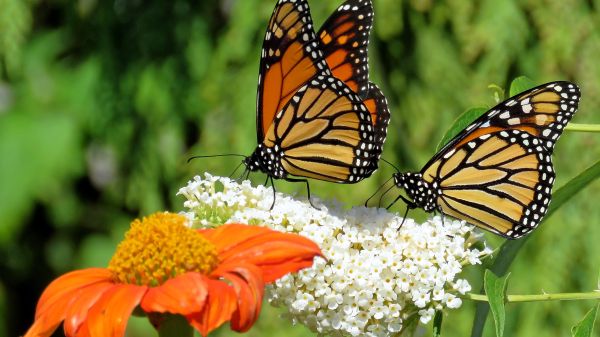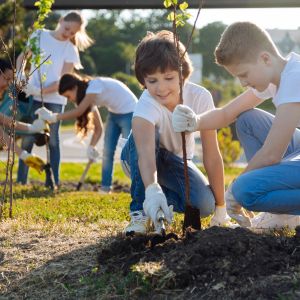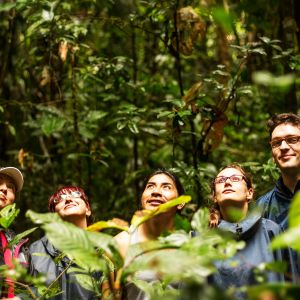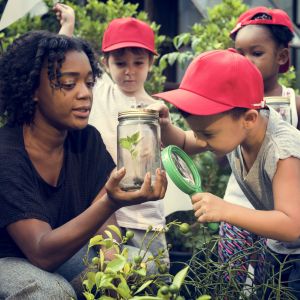Conservation Education

Conservation education is the study of humans’ intelligent use of their natural environment through the development, management, preservation, and renewal of natural resources for material, cultural, and aesthetic needs to benefit present and future generations. Conservation education hopes to positively influence people’s attitudes, emotions, knowledge, and behaviors about wildlife and wild places. This is done through the efforts of skilled educators, who use a variety of techniques, methods, and assessments to connect and reconnect people with the natural world.
EcoSchools U.S. offers a certification program for elementary through secondary schools that nurtures environmental learning and climate action. This award-winning, curriculum-linked framework supports school communities as they assess, track, benchmark, and celebrate environmental excellence.
Guidelines: Action orientation, Depth, Emphasis on skills building, Instructional soundness
Dawn Publications is my go-to publisher when I write content or provide recommendations when it relates to concepts in life science, such as life cycles, climate change, ecosystem services, and wildlife. I used their books when I was a classroom teacher and now I write them into lessons and activities and share them when providing virtual and in-person professional development.
Guidelines: Depth, Fairness and accuracy, Instructional soundness, Usability
The GLOBE Program stands out as an exceptional resource because it actively engages students in the process of doing science. It invites students to immerse themselves in the scientific process, collaborate with professional scientists, contribute to data collection campaigns that advance current research, and participate in dynamic in-person and virtual experiences.
Guidelines: Depth, Emphasis on skills building
Besides their numerous Parents’ Choice Gold medals and recognitions from the Association of American Publishers, Ranger Rick is an icon representing the awe and wonder children have around wildlife and the natural world. The science, storytelling, probing questions, and fun features help inspire our future generations to protect wildlife and conserve habitat.
Guidelines: Action orientation, Depth, Fairness and accuracy, Usability





